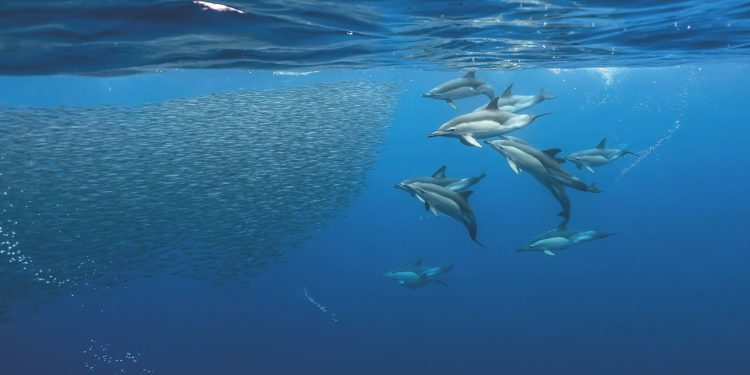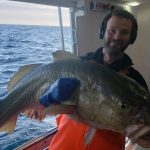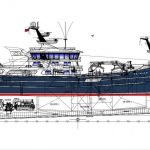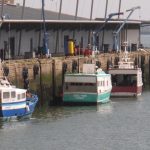A report on reducing the accidental capture of whales, dolphins and porpoises is has been made available.
The Hauling Up Solutions report is an outcome of a joint Cefas-Defra-ZSL workshop, to assess how to reduce the accidental capture of cetaceans in UK fisheries. Held at ZSL (Zoological Society of London) in March, the workshop brought together a wide range of over 60 stakeholders including fishermen, scientists and conservationists from around the world to consider ways to better record and reduce the by-catch of whales, dolphins and porpoises in UK fishing gear.
Accidental capture in fishing gear is seen as one of the greatest threats facing whales, dolphins and porpoises.
‘I know there is no easy solution to tackling this issue, but I also know that we all have the same goal – nobody wants to see dolphins and porpoises being killed in our fisheries,’ said UK Minister of State for Agriculture, Fisheries and Food, Robert Goodwill.
Finfish and shellfish fishermen from England and Scotland directly affected by the issue were at the heart of the discussion.
‘We see cetaceans every day and there has to be an acceptable level of by-catch, as accidents happen. However, anything that can bring by-catch down that’s cost effective has to be good,’ said Cornish fisherman David Bond.
The workshop report outlines clear recommendations and key next steps on how cetacean by-catch will be tackled in UK waters.
These include collaboration with the fishing industry at a regional level to collect more detailed information on cetacean by-catch and abundance; and using the latest technology to bring together all of what we know about cetacean by-catch, strandings and by-catch mitigation into one, easily accessible place.
‘Bycatch has been the primary direct man-made driver of mortality in UK stranded cetaceans that we’ve examined since the start of the strandings programme in 1990. It’s vital that we all work more closely together now, to try to reduce the impact of this significant threat,’ said ZSL’s Rob Deaville.
‘The information in our report will be used to prioritise where action is most needed in the UK, with scientifically robust bycatch mitigation trials, alongside monitoring, beginning in the autumn,’ added Workshop co-organiser and Cefas marine biologist Stuart Hetherington.
Defra will take forward the specific recommendations from this workshop to develop more comprehensive monitoring techniques and effective mitigation measures.
The full set of recommendations and next steps can be found here.









